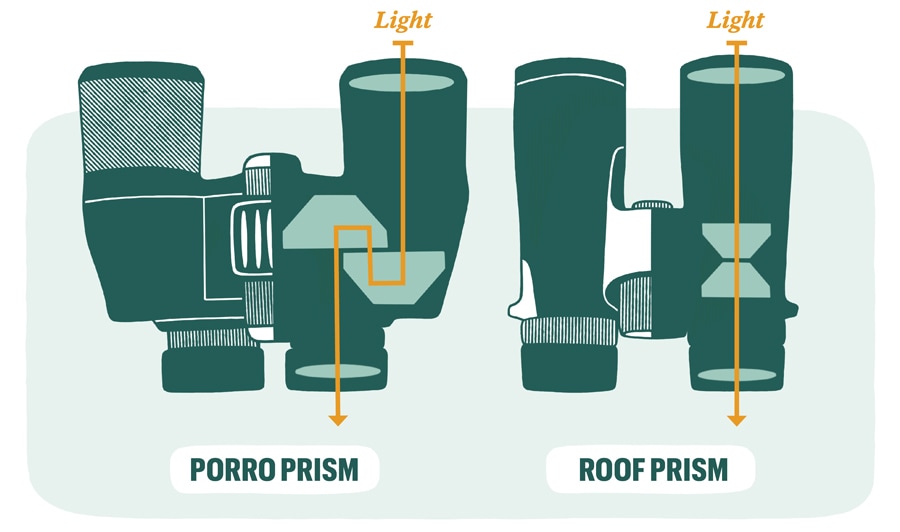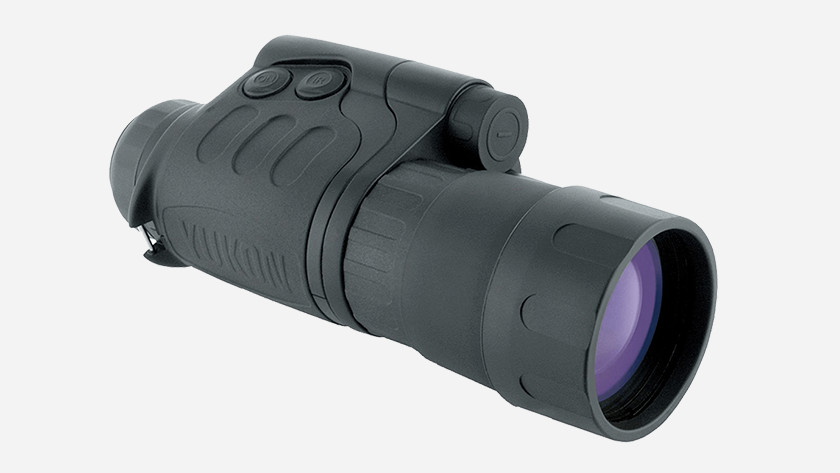The Importance of Field Glasses in Education And Learning and Scientific Study: How These Optical Instruments Contribute to Understanding and Exploration
The integration of field glasses right into instructional setups and scientific research is frequently ignored, yet their contribution to enhancing observational skills is significant. These instruments bridge the space between academic principles and functional application, allowing students and scientists alike to engage with their environments in a concrete way. In techniques ranging from environmental science to astronomy, binoculars function as essential devices that promote questions and important thinking. The more comprehensive effects of these optical devices on finding out outcomes and clinical expedition warrant additionally evaluation, especially as we consider their potential in forming future scientific endeavors.
Enhancing Observational Abilities
In instructional and research study settings, making use of field glasses considerably enhances observational abilities amongst trainees and practitioners alike. These optical instruments assist in a deeper understanding of far-off topics, allowing users to observe details that would certainly or else continue to be hidden. By employing field glasses, learners can analyze wild animals, expensive sensations, and geological developments, fostering a more profound connection to the subject issue.
Binoculars act as crucial devices in field researches, motivating students to engage proactively with their setting. Via improved monitoring, they can collect information better, resulting in improved analytical skills. This hands-on experience enables the growth of vital reasoning, as students should interpret what they see and associate it to academic expertise.

Bridging Theory and Technique
Empirical abilities developed with the usage of field glasses normally result in an extra extensive integration of academic knowledge with practical application. By taking part in direct monitoring, students can transform abstract concepts right into concrete experiences. This harmony cultivates a deeper understanding of clinical concepts as pupils connect theoretical structures with real-world phenomena.
As an example, when researching avian biology, students can use their understanding of bird anatomy and actions through the lens of binoculars, observing attributes such as plumage variant, feeding routines, and migratory patterns. This straight engagement not just reinforces academic principles however also grows critical thinking and analytical abilities.
Moreover, using field glasses motivates learners to formulate theories based on their monitorings, thus boosting their scientific questions skills. They can proactively evaluate these hypotheses in the field, resulting in a much more experiential understanding environment that advertises interest and exploration.
Basically, field glasses serve as an essential tool in linking the space in between classroom discovering and fieldwork - Binoculars. They empower trainees to come to be active individuals in their education, motivating a holistic method to recognizing the environment and its complexities. Hence, the integration of theory and method is vital for cultivating notified and engaged students
Applications in Environmental Science
Using field glasses in environmental scientific research enhances the capacity to observe and evaluate communities with better precision. These optical tools are essential for carrying out field studies, allowing scientists to monitor wild animals populaces, assess plant health, and examine habitat conditions without disrupting the natural surroundings. Field glasses help with the recognition of species at numerous distances, enabling researchers to collect critical information on biodiversity and actions.
In eco-friendly research study, field glasses are crucial tools for ornithologists studying avian actions and migration patterns. They enable scientists to record you could try these out observations over extended periods, contributing to beneficial longitudinal researches - Binoculars. Additionally, binoculars play an important function in environment analyses, as they allow for the detailed monitoring of plant areas and their interactions within ecosystems
Environmental educators additionally take advantage of binoculars, as these tools boost experiential understanding chances. Pupils can involve straight with their surroundings, fostering a deeper recognition for ecological systems. By incorporating field glasses right into educational programs, teachers can inspire the next generation of environmental researchers.
Function in Astronomy Education
Using binoculars in astronomy education and learning gives an easily accessible entrance for trainees and lovers to discover holy phenomena (Binoculars). Unlike huge telescopes, binoculars are portable, user-friendly, and reasonably cost-effective, making them a perfect introductory device for observing the evening sky. Pupils can quickly involve with the universes, fostering a hands-on discovering experience that boosts their understanding of expensive concepts
Field glasses allow individuals to observe a variety of holy objects, including the Moon, worlds, visite site and celebrity clusters. Importantly, binoculars serve as a bridge to extra intricate expensive tools, providing foundational experiences that can stimulate deeper interest in the field.
In educational setups, guided binocular sessions can promote group cooperation and conversation, boosting the finding out experience. The common experience of observing celestial objects can grow a sense of community amongst learners. Overall, binoculars play an important function in demystifying astronomy, making it friendly and interesting for people whatsoever degrees of education and learning.

Motivating Inquisitiveness and Inquiry
Binoculars not just assist in the monitoring of holy sensations but likewise fire up a feeling of inquisitiveness and questions amongst students. By offering a closer check out distant things, binoculars motivate students to ask questions and discover the atmosphere around them. This tool transforms passive discovering into an active, appealing experience, promoting a much deeper understanding of clinical principles.
When pupils make use of field glasses to observe wild animals, landscapes, or astronomical items, they establish empirical abilities that are vital for clinical query. The act of concentrating on particular information prompts them to develop theories, perform investigations, and reason based on their monitorings. This procedure not only enhances their critical thinking abilities but also supports a lifelong enthusiasm for exploration.
Additionally, field glasses can connect the space in between academic understanding and real-world application. As trainees observe phenomena firsthand, they can attach class discovering to sensible experiences, making education and learning a lot more pertinent and meaningful. Eventually, using field glasses in instructional settings functions as a driver for inquisitiveness, equipping students to seek understanding with enthusiasm and promoting a sense of question the globe around them. By doing this, field glasses play an important duty in inspiring future generations of researchers and thinkers.
Verdict
In summary, binoculars work as important tools in education and scientific research, substantially boosting empirical skills while connecting the space in between theoretical knowledge and functional application. Their varied applications in fields such as environmental science and astronomy highlight their value in official statement cultivating inquisitiveness and query among trainees. By assisting in in-depth examinations of remote topics, field glasses not just inspire the following generation of scientists yet additionally cultivate an extensive admiration for expedition and the scientific technique.